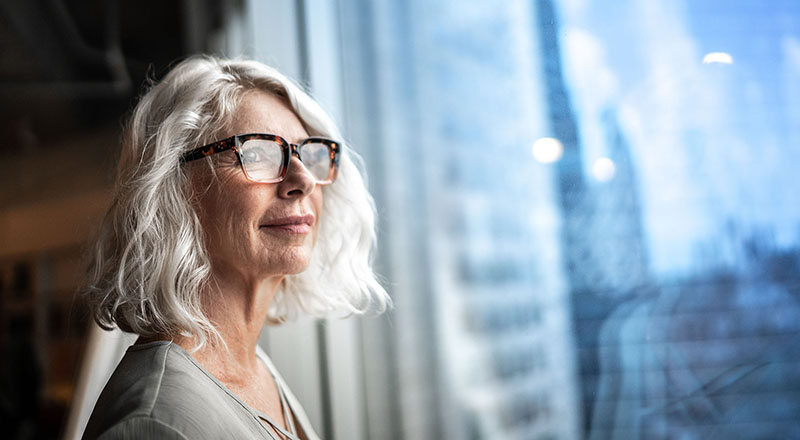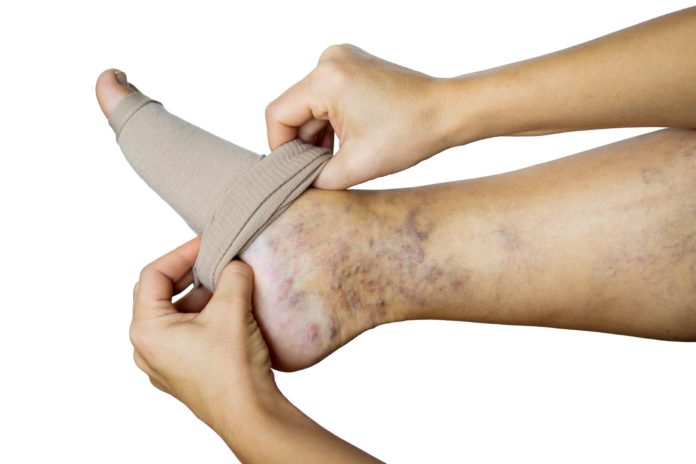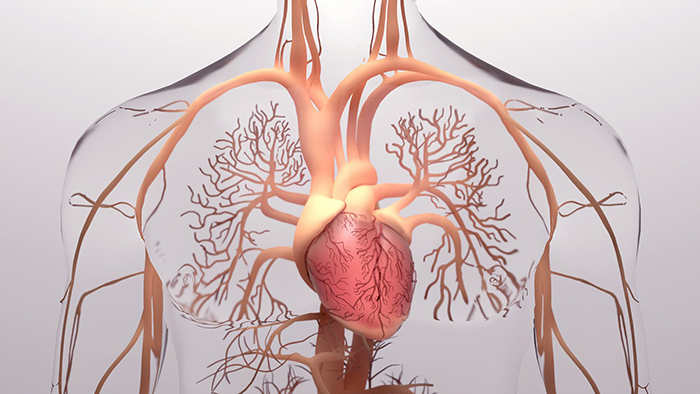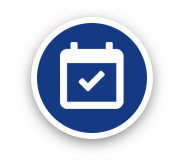Varicose veins cause symptoms including fatigue, heaviness, aching, burning, throbbing, itching, or cramping. Untreated varicose veins can become severe, leading to eczema, inflammation, or a leg ulcer.
Emory Heart & Vascular offers several ways to treat varicose veins.






